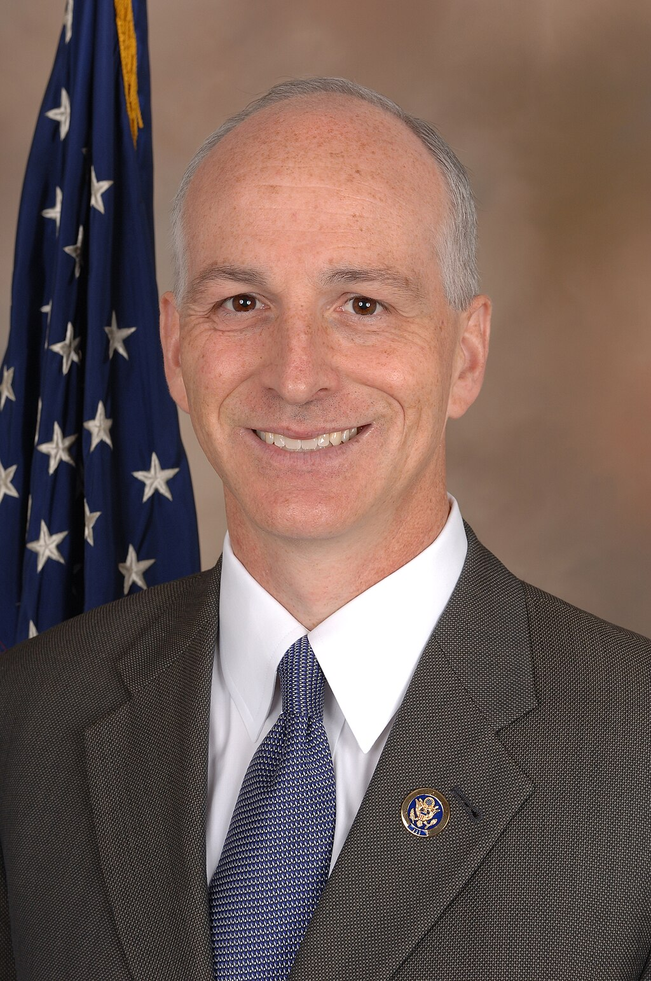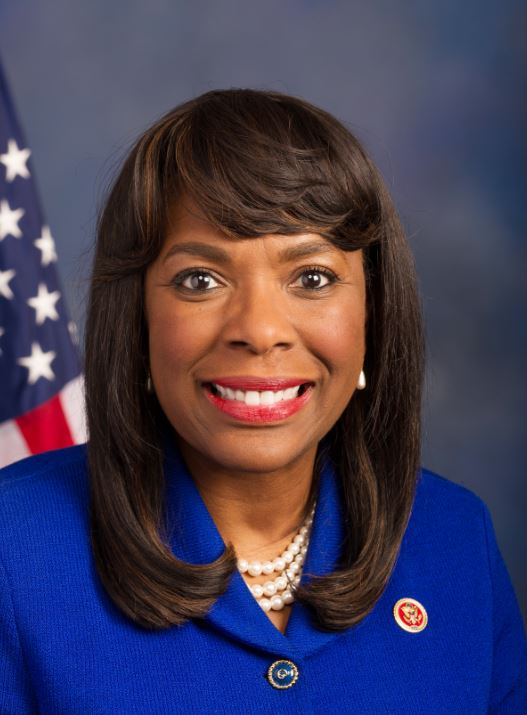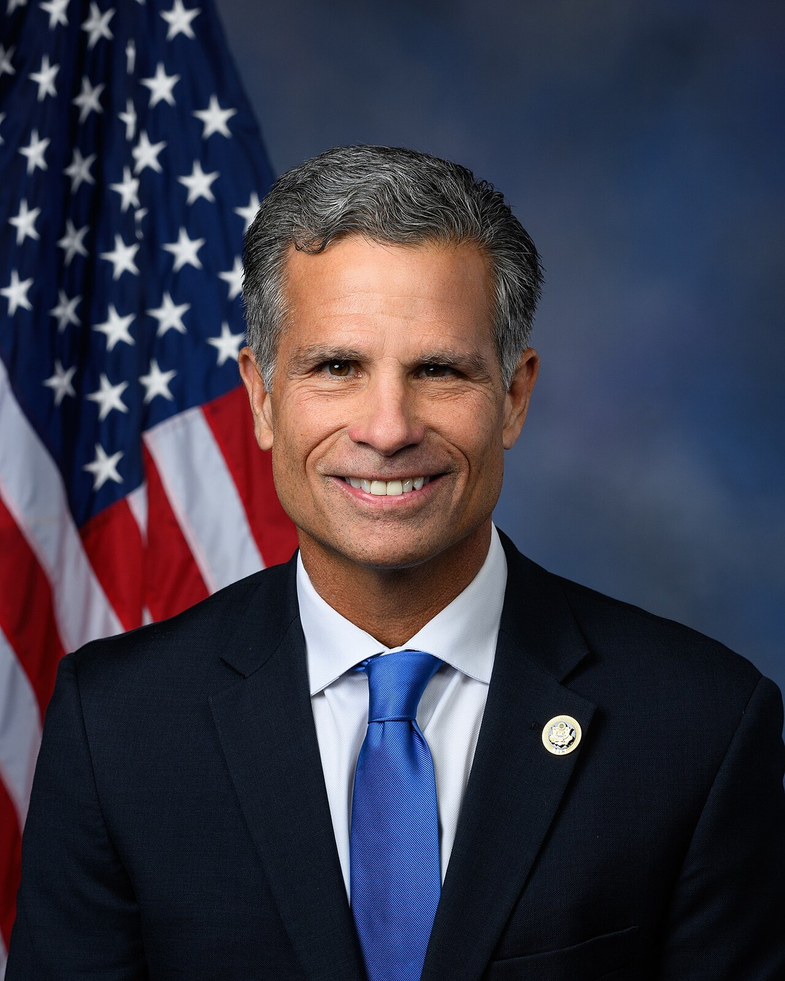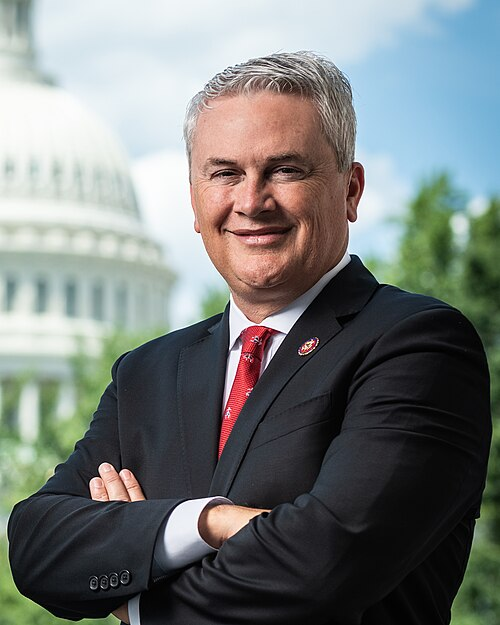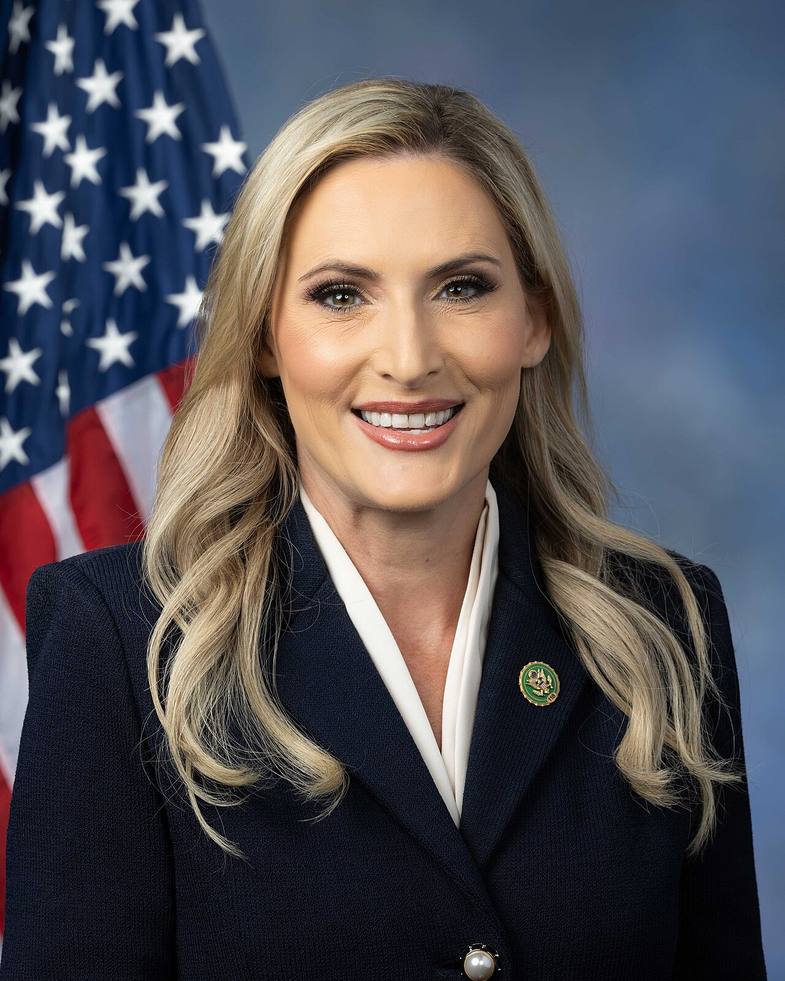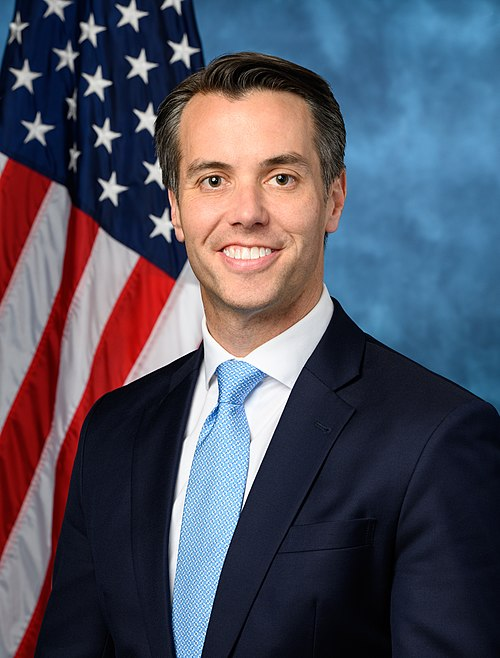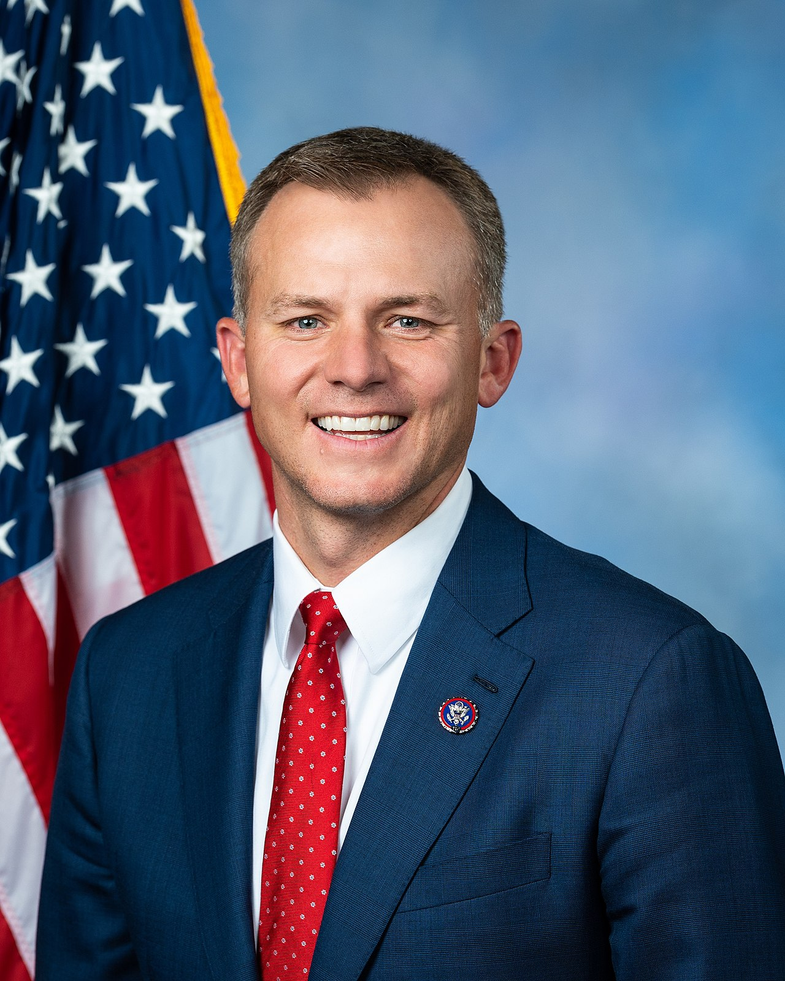S. 2298: Asunción Valdivia Heat Illness, Injury, and Fatality Prevention Act of 2025
This bill, known as the Asunción Valdivia Heat Illness, Injury, and Fatality Prevention Act of 2025, is designed to enhance worker protection against heat-related injuries and illnesses. Here’s a breakdown of the key provisions:
Employer Responsibilities
Employers would be required to:
- Provide a workplace that is free from conditions that could cause death or serious harm due to heat stress.
- Comply with any standards and regulations that are developed under this act.
Development of Standards
The Secretary of Labor will create a worker heat protection standard that will include:
- Maximum measures for regulating workers' exposure to heat stress.
- Consideration of best available evidence and demonstrably achievable measures.
- Prioritization of worker safety and health.
- Categorization of employers by relevant features to maximize health and safety standards.
Protective Programs and Measures
The Secretary may prescribe protective programs that could include:
- Engineering controls to eliminate hazardous heat levels.
- Administrative controls, such as adjusted work schedules to limit exposure to heat.
- Provision of personal protective equipment (PPE) at employers' expense, including cooling garments.
- Health monitoring protocols and training for employees and supervisors on recognizing symptoms of heat-related illnesses.
- Requirements for a heat illness prevention plan developed in consultation with workers.
Initial and Ongoing Standards
The Secretary is mandated to establish an initial worker heat protection standard within one year of the act's enactment. Thereafter, the Secretary will review and potentially update these standards based on new evidence or workplace practices.
Implementation and Enforcement
The worker heat protection standards will have the same legal standing as current occupational safety laws. The act also outlines enforcement mechanisms:
- Citations for violations can occur up to four years after a violation.
- The effectiveness of standards will remain in place even if revisions are made.
Recordkeeping and Reporting
The Secretary will be empowered to enforce regulations concerning recordkeeping and reporting relevant to heat-related standards like existing workplace safety laws.
Protection of Employee Rights
Employees will have protections against retaliation for reporting violations or concerns related to heat-related conditions. Employees can file complaints if they believe they were discriminated against for asserting their rights under this bill.
General Provisions
The bill includes standard provisions regarding the authorization of appropriations to fund its implementation and specifies that if any part of the act is found invalid, the remaining sections will still be effective.
Definitions
The act provides specific definitions for terms used throughout the legislation, clarifying what constitutes heat stress, heat-related illness, and other relevant terms.
Timeline for Action
The act requires a systematic timeline for developing and implementing rules, with specific deadlines for proposed and final standards following petitions for modifications.
Relevant Companies
- DE - Deere & Company: Heavy machinery operations often expose workers to high temperatures, and new regulations could require investments in cooling equipment and safety protocols.
- CAT - Caterpillar Inc.: Similar to Deere, Caterpillar operates in environments that can lead to heat exposure, and compliance with these new standards may necessitate changes to equipment and practices.
- AAPL - Apple Inc.: Manufacturing and assembly workers may require enhanced heat-related workplace protections, potentially raising operational costs.
- CMI - Cummins Inc.: As a company involved in manufacturing engines and generators, Cummins might see changes in heat management regulations within industrial environments.
This is an AI-generated summary of the bill text. There may be mistakes.
Sponsors
27 bill sponsors
-
TrackAlex Padilla
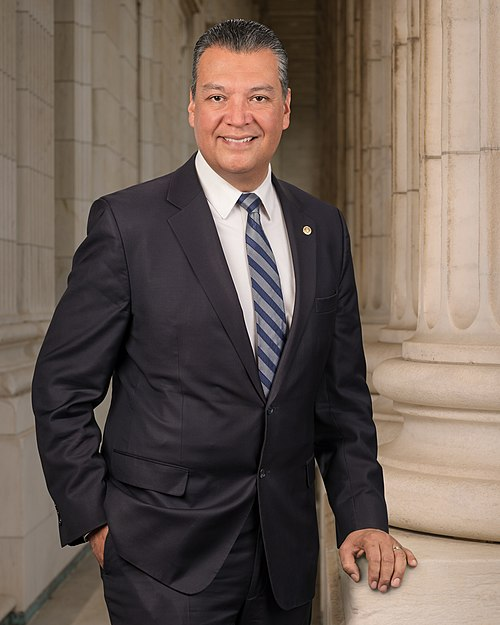
Sponsor
-
TrackAngela Alsobrooks
Co-Sponsor
-
TrackTammy Baldwin

Co-Sponsor
-
TrackRichard Blumenthal
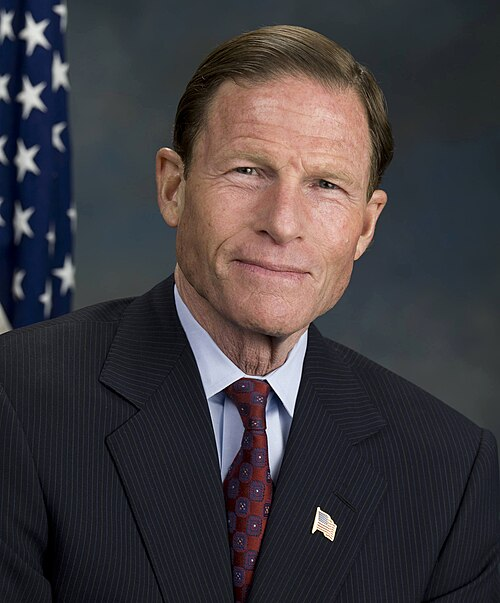
Co-Sponsor
-
TrackLisa Blunt Rochester

Co-Sponsor
-
TrackCory A. Booker

Co-Sponsor
-
TrackCatherine Cortez Masto

Co-Sponsor
-
TrackJohn Fetterman
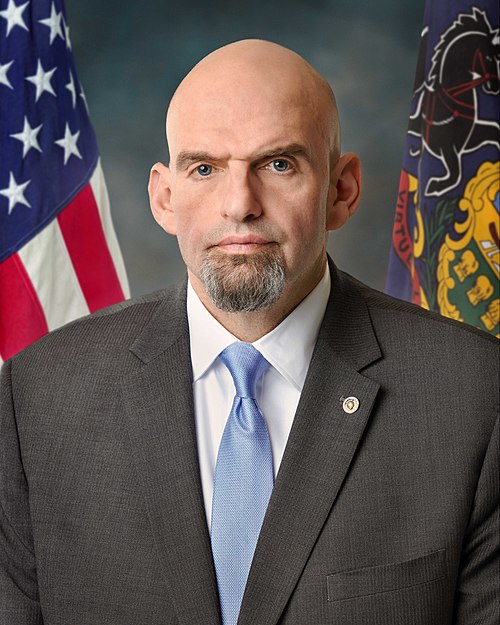
Co-Sponsor
-
TrackRuben Gallego
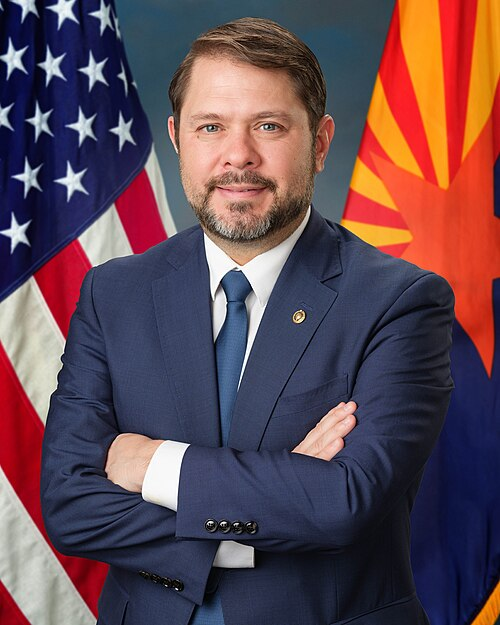
Co-Sponsor
-
TrackKirsten E. Gillibrand

Co-Sponsor
-
TrackMartin Heinrich

Co-Sponsor
-
TrackMazie K. Hirono

Co-Sponsor
-
TrackMark Kelly
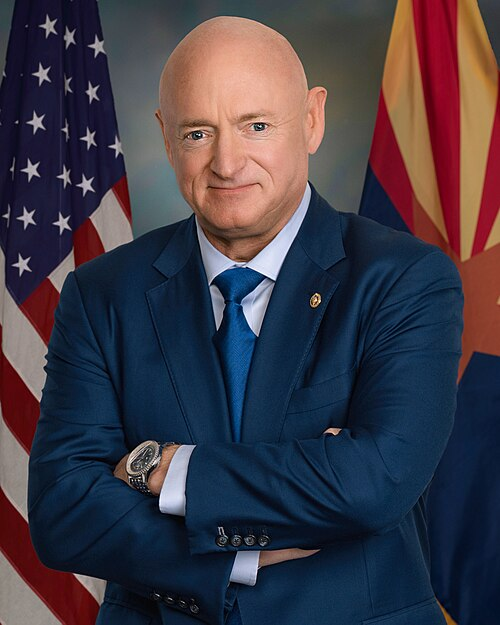
Co-Sponsor
-
TrackAndy Kim

Co-Sponsor
-
TrackBen Ray Lujan
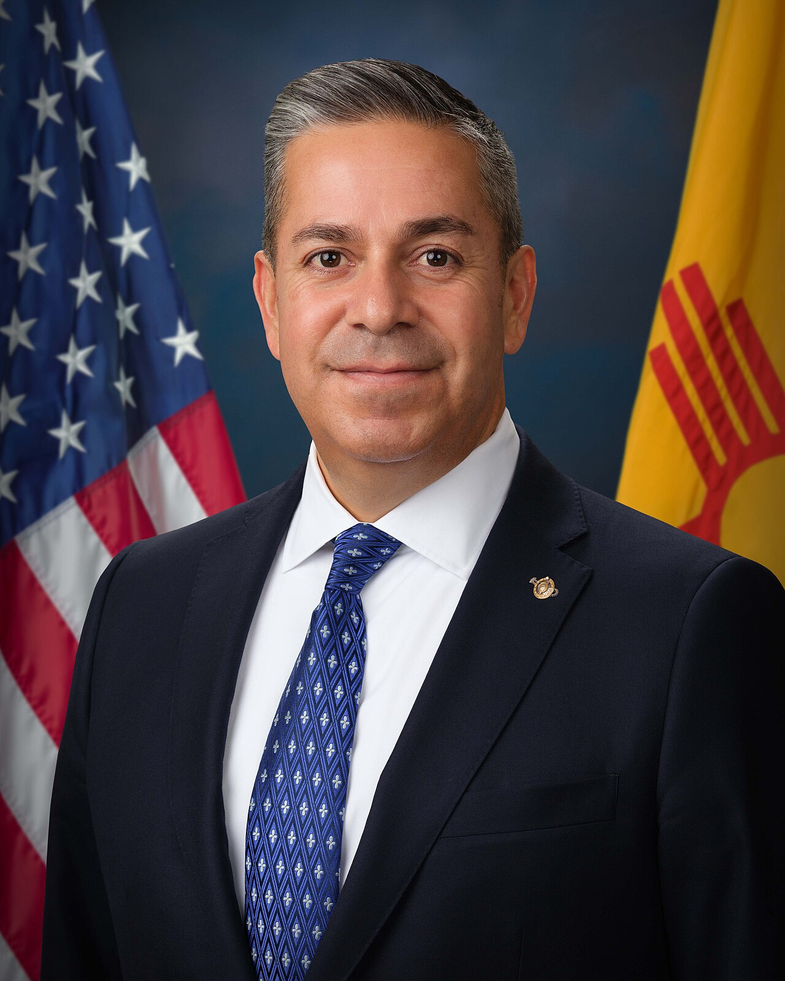
Co-Sponsor
-
TrackEdward J. Markey

Co-Sponsor
-
TrackJeff Merkley

Co-Sponsor
-
TrackPatty Murray
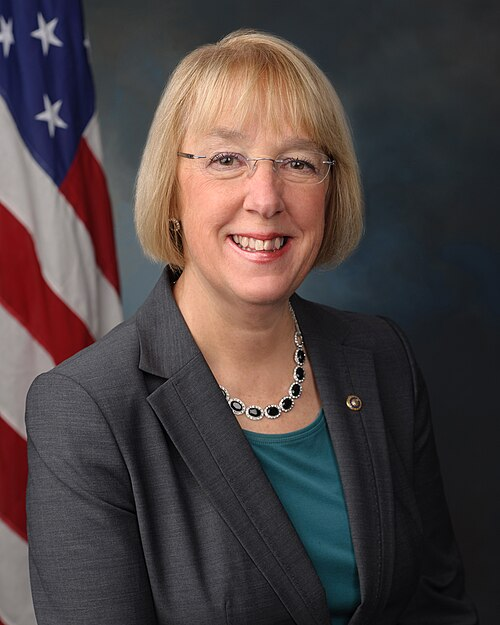
Co-Sponsor
-
TrackJack Reed

Co-Sponsor
-
TrackBernard Sanders

Co-Sponsor
-
TrackBrian Schatz
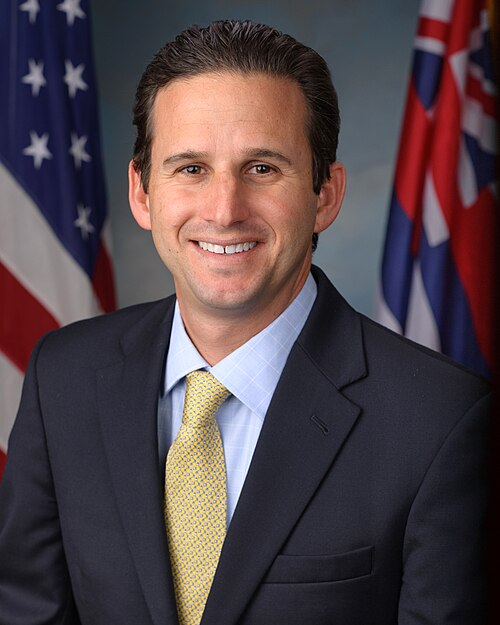
Co-Sponsor
-
TrackAdam B. Schiff

Co-Sponsor
-
TrackChris Van Hollen

Co-Sponsor
-
TrackElizabeth Warren

Co-Sponsor
-
TrackPeter Welch
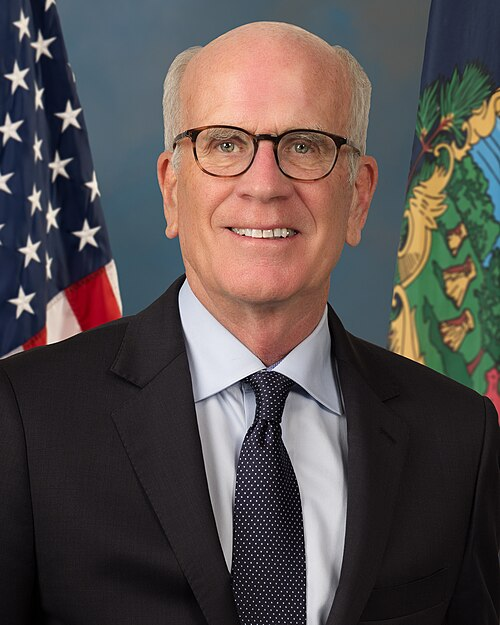
Co-Sponsor
-
TrackSheldon Whitehouse

Co-Sponsor
-
TrackRon Wyden

Co-Sponsor
Actions
2 actions
| Date | Action |
|---|---|
| Jul. 16, 2025 | Introduced in Senate |
| Jul. 16, 2025 | Read twice and referred to the Committee on Health, Education, Labor, and Pensions. (Sponsor introductory remarks on measure: CR S4421-4422: 3) |
Corporate Lobbying
0 companies lobbying
None found.
* Note that there can be significant delays in lobbying disclosures, and our data may be incomplete.






